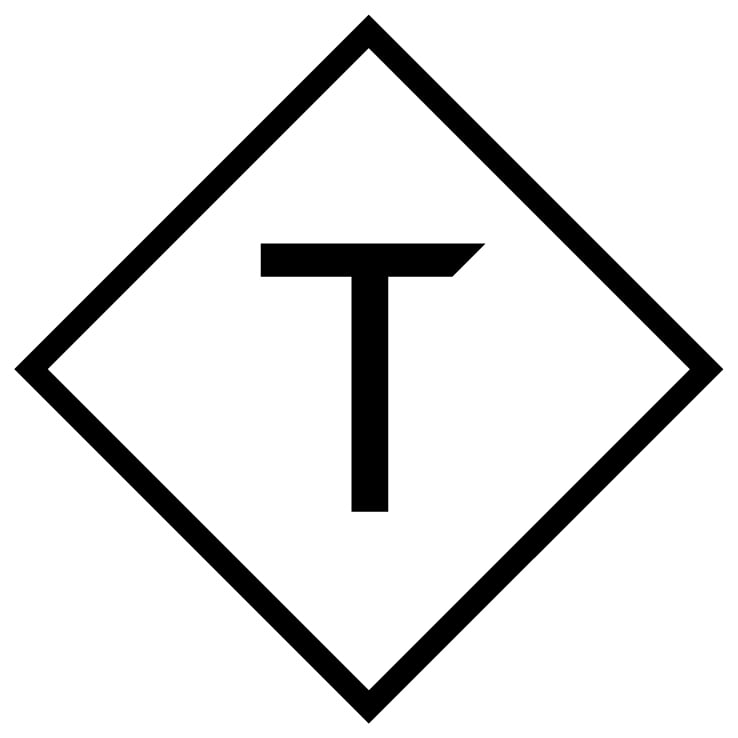Here at Triptease, we've spent the festive period looking ahead to the challenges and opportunities on the horizon for hoteliers in 2019. A lot’s changed since this time last year; we’ve seen OTAs launching hotel brands, yet more acquisitions of groups by other groups, traditional meta sites radically changing tack (at least partly in response to Google’s mega play for travel domination), and a lot more.
So what lies ahead for hotels? What can you do to prepare? We've put down a few of our thoughts below, but this is far from a conclusive list. One thing’s for sure - 2019 is shaping up to be yet another tumultuous year in online travel.
The Triptease view
2019 is the year for smart channel choices.
In a world where hotel distribution channels have become so interlinked that the dividing line between separate channels can be blurry at best - if you get a booking via an OTA advertising on TripAdvisor, but TripAdvisor were bidding on Google to acquire it, which channel do you chalk your spend & revenue up to? - it’s time for hoteliers to get smart about where they put their budget. With OTAs rapidly iterating their advertising tactics and Google investing in, well, everything to do with online travel, there’s plenty of change to keep up with.
If you’re not taking a by-channel view of your spend and revenue in relation to which guests come through each channel, you should be. Take a look at Starwood’s Joe Pettigrew making his case for this type of analysis at the Direct Booking Summit in Amsterdam earlier this year.
More than just knowing where your most profitable guests book, you need to be reacting to that information with smart, agile acquisition methods in order to avoid (as much as possible) ever paying more than you need to for a guest. We believe this is how hotels can reclaim ground from overzealous OTA partners and start nurturing a healthy direct distribution mix - so much so that we launched our own Guest Acquisition platform back in October. Check it out if achieving more profitable direct bookings is on your list for 2019.
But what else should hoteliers have on their radar as we move into the new year?
You guessed it - rogue wholesale rates
The pain of rogue rates turning up on uncontracted OTAs is as real as ever for many hotels. The issue remains complex, and there are a myriad of reasons for rates leaking from a hotel’s distribution channels - as our own Direct Booking Coach Moriah Olschanksy explained earlier this year, it can be as much to do with a hotel’s management of their partners as with any partner’s deliberate action.
Sunish Sadasivan of Chroma Hospitality gave one of the best articulations of a solid wholesale strategy when we spoke to him earlier this year about the Direct Booking Summit: Asia-Pacific.
“We need a revolution in thinking about this problem, as it's hurting our most profitable business: direct bookings. Since 2016, our group has managed some of our international wholesalers directly through the Revenue Management team. This is a very different approach compared to many other hotels and hotel groups. Our reason for doing this was to try to reduce the number of instances of wholesale rates being sold on metasearch engines via smaller, unknown OTAs," explained Sunish.
“This doesn't mean that we have completely eliminated our relationship with these top wholesalers. Instead, we worked on educating our hotel teams on applying revenue management techniques to all segments based on forecast. When your occupancy forecast is at a certain percentage, that means automatically all segments at certain price points need to be closed. We also worked with some of our wholesalers on dynamic contracts, which work in both parties' favor. They are able to get inventory during peak periods as well as on the yielded rates of the hotel. The biggest challenge for our industry will be whether all stakeholders can accept this business model.”
The Chinese travel boom
For our partners in Asia in particular, Chinese outbound travel will continue to loom large in hoteliers’ minds when it comes to strategizing for 2019.
In the past 20 years, China has become the world’s most powerful outbound travel market. With a staggering prediction of 400M outbound trips being made by 2030, there is a huge opportunity for hotels to capitalize on this cohort. Find out more about some of the reasons behind its astonishing growth in our recent article on the subject.
And, if you’re based in the region, join us in 2019 as we discuss and debate the subject at our inaugural Direct Booking Summit: Asia-Pacific, taking place on February 27-28 in Singapore. Our panel - featuring speakers from Park Hotel Group and MidPlaza Holding - will be getting to grips with:
Fact vs. fiction: The real implications for hotels
How to capitalize on geo-specific audience targeting
Why your marketing has to fit into a long-term revenue plan
The reality of Brexit
Hotels in the UK are bracing themselves as the UK parliament struggles towards a final decision on Brexit (Britain’s exit from the European Union). With plenty of indecision and disagreement surrounding the legislation, it’s unlikely to be a completely smooth process - which spells uncertainty for an industry reliant on talent from the European Union. As the fourth-largest employer in the UK, the hospitality industry has the potential to be rocked by a ‘bad deal’ and lower migration to the UK. That’s why industry leaders such as Harry Murray (president of hotel association HOSPA) are calling on others to reinforce the attractiveness of the industry.
“On average, they say the number of EU workers in hotels is between 12.5 percent to 25 percent, but in some hotels and restaurants that can be as high as 35 percent to 40 percent," Mr Murray has stated. "With less EU workers coming into the country, this poses a serious problem. We need to find solutions. Our biggest challenge now is to attract more people to join the industry.”
We'll be watching closely as Brexit unfolds to see its impact across online travel bookings from both UK guests and at UK hotels. One thing's for certain - now more than ever, hotels need to be focusing on their most profitable business mix and get familiar with the channels that can deliver it.
What do you think?
So, do these ring true as a snapshot of what’s to come in 2019? What are your priorities for the year ahead? As always, let us know at content@triptease.com!

